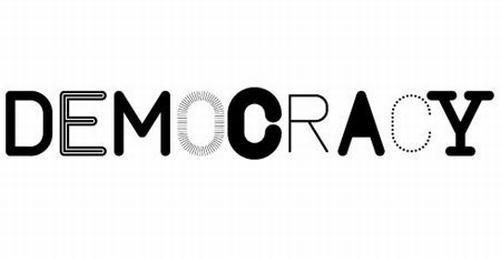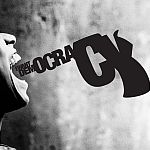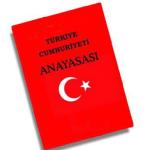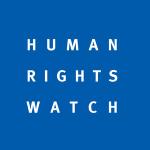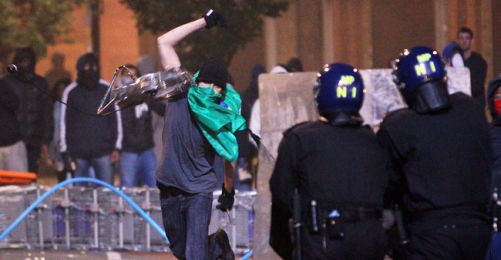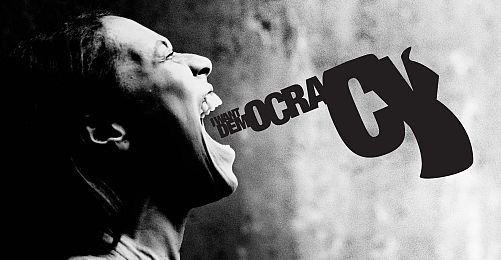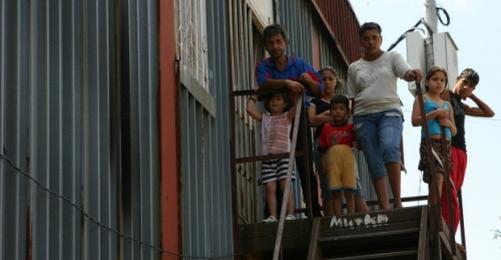Not a decade has passed since the 12 September 2010 referendum for constitutional reform, not even a year. Leaving aside the make-up clauses which were nothing but trimmings accompanying core changes, the reform package resulted in an increased control of the executive over the judiciary in terms of the appointment of new members to the highest judicial bodies. However the public opinion read some columnists announcing that the golden age of Turkish democracy will start from the 13 September morning on.
Many local and foreign observers greeted the high percentage of 'yes' votes as a step towards democratization. And the Prime Minister Mr. Erdoğan, declaring that the nation would start to enjoy the "advanced democracy" (a novelty for the universe of political concepts brought into being by Mr.Erdoğan), implied indeed a new phase of the democratization in Turkey. During his speech at the referendum night, he also orally commissioned Prof. Burhan Kuzu, constitutional lawyer and MP from Mr.Erdoğan's party, to kick-off preparations for the drafting process of a new and civilian constitution.
Mr.Erdoğan however seems to have changed his mind afterwards since the "new constitution" issue has been dropped off from the ruling AK Party's agenda until the post-election period. We, voters in Turkey, do not have a clue as to why though. We also don't know what kind of specific and concrete steps will be taken by the AK Party following the election about the Kurdish question, our lingering and long neglected social and political problem in Turkey, as well the nature and extent of initiatives regarding the new constitution issue. That's because the governing party prefers to tell us at TV advertorials how many the number of people using airlines have increased or how delightful travelling on faster trains have become under the AK Party rule.
Assuming that the first 8 months following the referendum was the debut for the "advanced democracy" stage we were entering in Turkey, some developments that took place during this particular period of time could give us some hints about how the ripening of this new era will turn out to be. Let's refresh our memories:
- The "KCK" trials in Kurdish regions advanced so as to imprison hundreds of (mostly elected) Kurdish local politicians from the Peace and Democracy Party. Police tends to react brutally to the various acts of civil disobedience organized by the members of this party.
- Another advancement has been achieved during the investigation against an extremely marginal leftist armed group, calling itself "Revolutionary Headquarters". Although it literally has a couple of identified members (or those who have admitted their allegiance), the investigators succeeded in including leaders and members of some legal socialist groups (such as Socialist Democracy Party-SDP) to the list of suspects purely because the founder of the group, who was killed in 2009, was an ordinary member of SDP a long time ago. And the most astonishing figure amongst people awaiting trial is a former police chief, who has been long known to be a right-wing person with a tarnished reputation for torturing leftist militants during the time of military regime. Coincidentally, he managed to publish a book dealing with the illegal networks and groupings within the Police Department that has gained a lot of power under the AK Party rule, just before becoming a suspected member of the somewhat obscure Revolutionary Headquarters.
- The Ergenekon trials and investigations; as perceived by the man on the street have developed into a never ending saga and advancing in such an amazing way that many journalists of different backgrounds and political views have been implicated and jailed. Amongst the crowd two recent figures capture the attention of the masses: Nedim Şener who had been investigating the high level police officers' implicit connivance for the murder of Turkish-Armenian journalist Hrant Dink by a bunch of fascists, and Ahmet Şık who is known for his progressive political views and who has focused on the activities of the "state-within-the-state" realm for some time. Police advanced so far in its investigation that it raided the Radikal newspaper's office and a publishing house to seize and destroy the draft of an unpublished book by Mr. Şık.
- State control over the internet has advanced in such an unprecedented manner that banned websites have already breached five digit numbers. The Telecommunication Communication Presidency announced a list of 138 banned words on internet (come on, we people of Turkey are so agile -there are still thousands of words in Turkish that are suitable for the internet, aren't they?). A new restrictive law will come into force on 22 August and countless users are already worried about their freedom of internet communication.
- By the way, Turkey is amongst the leading nations in terms of the number of journalists in jail. And Turkey proudly occupies the 138th position amongst 178 countries reviewed for the World Press Freedom Index issued by Reporters Without Borders. This is a further decline compared to last year's 122nd rank, reports Erol Önderoğlu from bianet.org.
Well, there you have it: Only a handful of examples demonstrating some of the problematic areas in our democracy. So let us be very realistic: It should not feel awkward that we are not overcome with the joy and relief that should accompany the great news that we are at the verge of "advanced democracy".
It seems that Turkey needs proper democracy in the first place, before looking for the advanced one.
Don't you think so?





